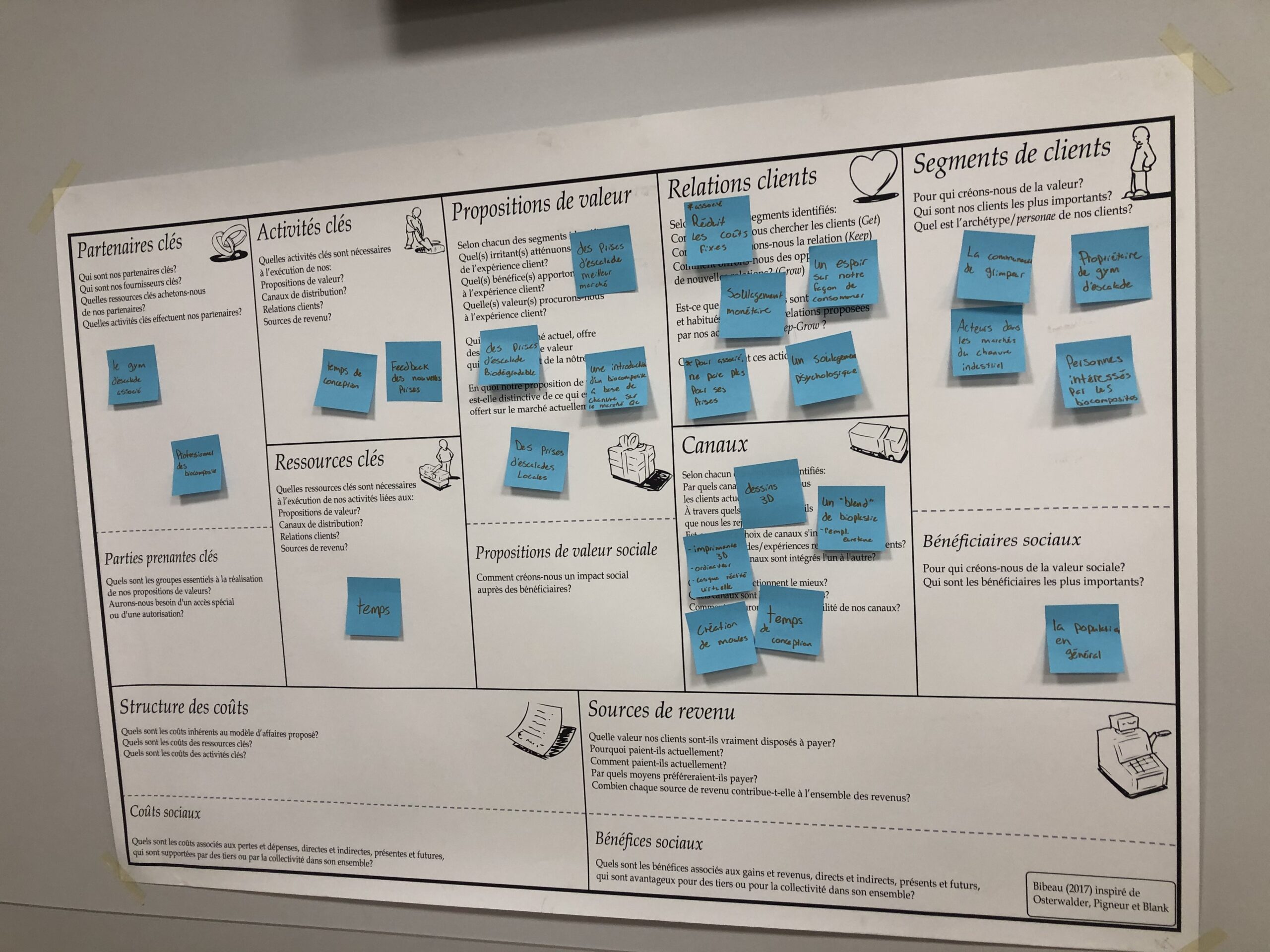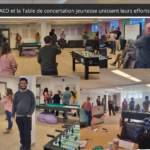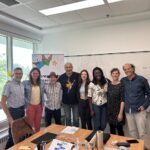A tool to turn your ideas into action: the Project Model Canvas (PMC)

For almost a decade, the Lean startup approach [1] has been changing the parameters and referents of how a project idea is brought to fruition. As a result, the business plan, the traditional tool used by entrepreneurs, has been joined by the concept of the business model. Reflection on the business model takes place in an exploratory phase of rapid hypothesis validation, prior to planning the project’s execution.
Among the tools proposed, Osterwalder and Pigneur’s Business Model Canvas (BMC) [2] has been adopted by a large entrepreneurial coaching community to support this exploratory process. After more than a decade of accompanying people in the development of their project ideas towards a viable business model, we are proposing an adaptation of the BMC tool that reflects our practices to date.
What’s new?
BMC becomes PMC
Our tool is called Project Model Canvas (PMC), and we invite as many people as possible to make use of it, whatever the nature of the project envisaged (personal project, start-up or takeover of a company/organization, study project, innovation within a company/organization, research project, etc.).
The PMC is a highly inspired adaptation of Osterwalder and Pigneur’s BMC and Steve Blank’s reflections. That said, not everything is necessarily « business », hence the project concept put forward, while retaining the rigor of the BMC methodology. The nine components of business model thinking and its basic questions are present in the PMC.
Beyond the economic impact
Generating and maintaining economic value ensures the survival and sustainability of all projects. That said, the social, cultural, political and environmental aspects also merit consideration. Questions have been added to this effect.
More comprehensive value proposition
The very meaning of the project, what it contributes to the current experience, how it stands out and the desired impact are highlighted and added to the basic questions.
Clarification of the desired reflection on each component
Questions are added and clarified for optimal, more autonomous reflection on project modeling.
[1] Blank, S. (2013). Why the lean start-up changes everything. Harvard business review, 91 (5), 63-72.
[2] Osterwalder, A., & Pigneur, Y. (2010). Business model generation: a handbook for visionaries, game changers, and challengers. John Wiley & Sons.
Discover the Accompagnateur entrepreneurial Desjardins (AED) of the Université de Sherbrooke
AED accompanies the UdeS community and its partners in undertaking, with others, the implementation of actions towards critical consciousness. It’s an invitation to people to generate actions that make sense for themselves and for others, with a better reading of the world around them.
Taking Action Together for the Future
A philosophy that brings together a community of people stimulated to take action on various social issues, such as the environment, education, social injustice, health and well-being.









